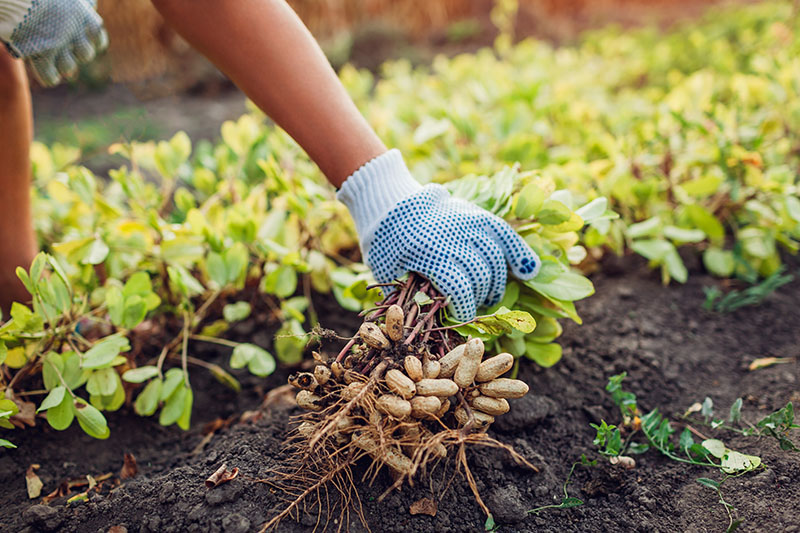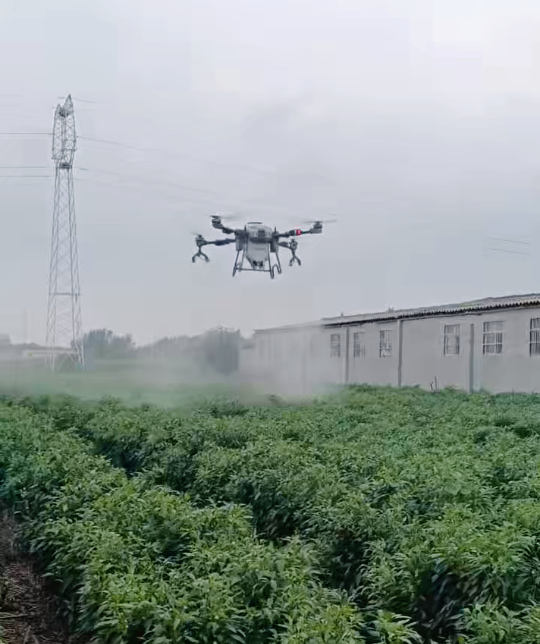What Are You Looking For?
Peanuts are an important cash crop in many regions, widely used for food, oil production, and livestock feed. However, peanut cultivation faces challenges such as pest outbreaks, fungal diseases, and the need for precise nutrient management. Traditional crop protection methods are often labor-intensive, time-consuming, and less effective in ensuring uniform coverage.

Agricultural drones are transforming the way peanut fields are managed. With their ability to fly at low altitudes and cover large areas quickly, drones make pesticide and fertilizer application more precise and efficient.
Using drones for spraying operations offers several advantages:
In a peanut field operation, the process starts with preparing the pesticide solution and loading it into the drone's spraying tank. Flight parameters—such as altitude, speed, and spray rate—are set based on the crop's growth stage and field conditions. With just one click, the drone autonomously follows the planned route, applying inputs evenly across the field.
For example, during the peak growth stage of peanuts, drones can operate at:
Flight altitude: 3–4 meters above canopy
Flight speed: 6–7 m/s
Application rate: around 45–60 liters per hectare

TopXGun offers agricultural drones tailored to different farm scales:
FP700 Agri Drone – Designed for large-scale farms, with a 60L spraying tank, powerful 4D radar, and advanced autonomous flight planning for maximum efficiency.
FP300E Agri Drone – A compact and easy-to-operate model, ideal for medium and small farms, offering precise spraying and spreading functions with excellent maneuverability.